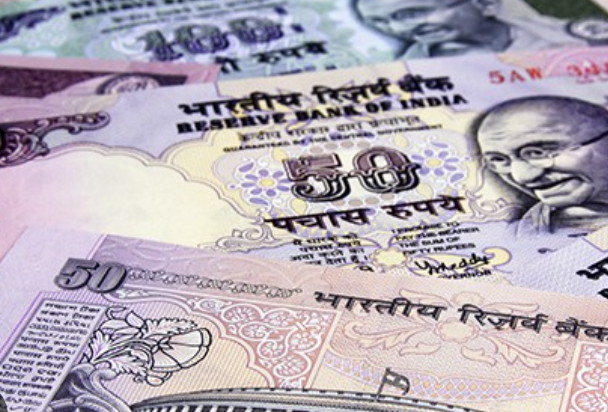$TSLA $AMZN $SPCE
#ElonMusk #JeffBezos #SpaceX #Amazon #Starlink #Kuiper #India #TelecomRegulation #SatelliteSpectrum #5G #SatCom #TechInnovation
This story was first published on the [Benzinga India portal](https://in.benzinga.com/markets/equities/24/10/41349626/much-appreciated-elon-musk-cheers-indias-move-to-allocate-satellite-spectrum).
[Read more](https://www.benzinga.com/news/24/10/41566638/elon-musk-and-jeff-bezos-satcom-firms-push-for-lower-spectrum-charges-in-india-foray-report).
As both Elon Musk’s SpaceX and Jeff Bezos’ Amazon prepare to scale up their satellite internet ventures, they are pushing for favorable regulations in India, one of the fastest-growing digital markets in the world. Their satcom firms — SpaceX’s Starlink and Amazon’s Project Kuiper — have reportedly requested that the Indian government reduce the fees for satellite spectrum allocation. The high cost of spectrum is seen as a potential bottleneck for launching effective satellite internet services in the region, especially since both SpaceX and Amazon plan to expand their low-Earth orbit (LEO) satellite operations into emerging markets, and India is a key target.
The competition between Musk and Bezos in satcom development ramped up when India began looking into allocating satellite spectrum to provide fast-speed internet access across a massive geography that includes remote areas, which are currently underserved by traditional terrestrial telecommunication infrastructure. Both Starlink and Project Kuiper aim to address that gap by providing reliable, high-speed internet via satellite. Indian authorities have indeed recognized the need for private participation in spectrum use, but the pricing and structure of the fees are a key factor in determining how affordable the service can be for consumers.
India’s regulatory landscape presents both opportunities and challenges. Lowering spectrum charges could facilitate rapid deployment and adoption of satellite internet, which aligns with the Indian government’s long-term goals to make digital connectivity more accessible. Both Starlink and Project Kuiper have made significant strides in their respective satellite deployments — with Starlink already having a lead with the launch of numerous satellites globally. However, both companies will face competition from other global satcom players as India evaluates its policy approach to satellite spectrum pricing and the entry of foreign firms into its telecom market.
The discussion over satellite spectrum pricing also ties into India’s broader technology and digital infrastructure goals, particularly in providing more equitable internet access. SpaceX and Amazon are not only seeking to make their services viable by advocating for lower pricing but are also positioning themselves strategically for long-term roles in India’s telecom landscape. With the ongoing rollout of 5G networks and increasing demand for reliable internet services across India, reducing spectrum fees could help accelerate satellite internet’s role in connecting millions of users in India’s underserved regions.





Comments are closed.